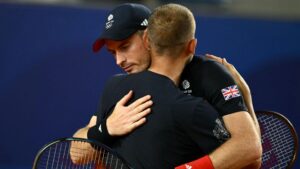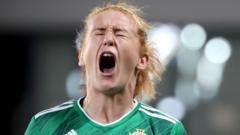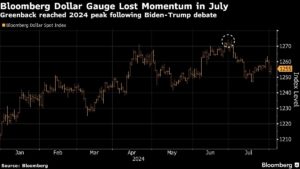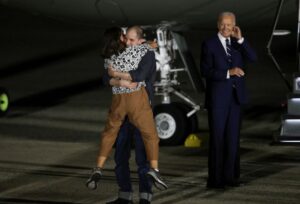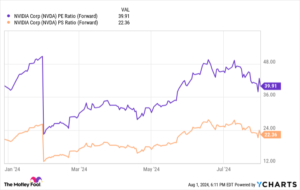Murray’s career ends with Olympic doubles defeat
British tennis icon Andy Murray’s illustrious career ends with a straight-set defeat in the Olympic men’s doubles quarter-finals.
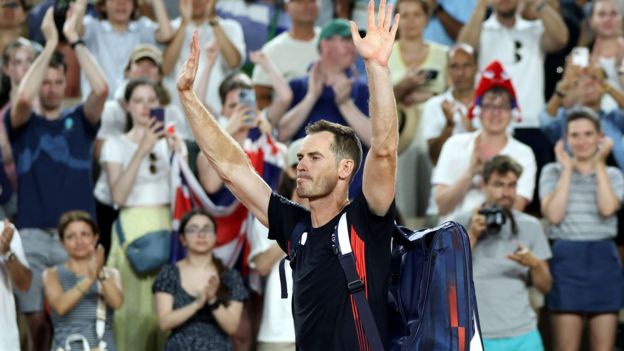
This video can not be played
To play this video you need to enable JavaScript in your browser.
British tennis icon Andy Murray’s illustrious career ended with a straight-set defeat in the Olympic men’s doubles quarter-finals.
Murray, the two-time Olympic singles champion, and Dan Evans lost 6-2 6-4 to American third seeds Taylor Fritz and Tommy Paul.
Murray, 37, confirmed before the Paris Games that it would be his final event before retiring from the sport.
“I’m proud of my career, my achievements and what I put into the sport,” said Murray.
After a long hug with Evans at the baseline, Murray was visibly emotional at the noise created by the fans at Roland Garros chanting his name in appreciation.
Evans gently encouraged his team-mate to go into the centre of the court for one final time and Murray waved to all sides before disappearing to the locker room.
Speaking shortly afterwards, Murray said he was “ready” for retirement.
“Obviously it was emotional because it’s the last time I will play a competitive match,” he said.
“But I am genuinely happy just now. I’m happy with how it finished.
“I’m glad I got to go out here at the Olympics and finish on my terms because at times in the last few years that wasn’t a certainty.”
How the curtain came down on Murray’s career
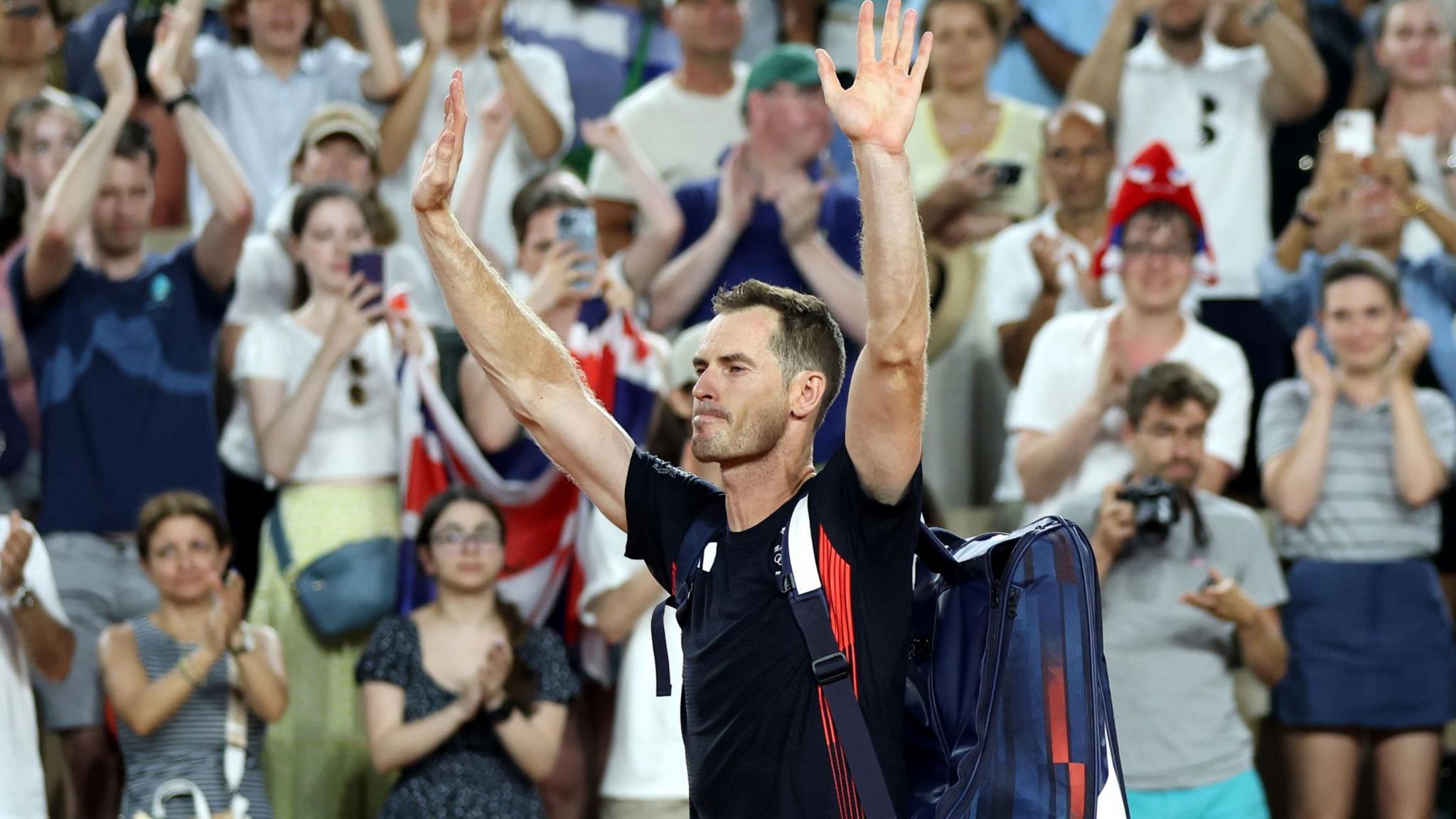
A fifth Olympics is the final juncture of a tumultuous journey which led Murray to three Grand Slam titles and the top of the world rankings.
After a season disrupted by injuries, including surgery to remove a back cyst just five weeks ago, it was testament to the perseverance he has always shown that he was even able to play at Paris 2024.
The rollercoaster nature of his career, and his ability to wring every last drop from it, was epitomised by the epic victories which Scotland’s Murray and England’s Evans recorded to reach the last eight.
The pair saved five match points before fighting back against Japan’s Taro Daniel and Kei Nishikori on Sunday, then fought off another two against Belgian pair Sander Gille and Joran Vliegen.
But another Herculean effort against opponents of Fritz and Paul’s stature proved out of reach.
The American duo are both established top-20 singles players at the peak of their game, are good friends who are gelling well as a pair and have played plenty of doubles events together.
Needing to make another quick start to build momentum, Murray and Evans lacked the energy and sharpness they showed in their second-round win on Sunday.
They were under regular pressure on their serve and unable to make a serious impact on return as their younger opponents stormed into a 4-0 lead in the first set and went on to win the opener 6-2.
Fritz and Paul then took command with a double break in the second set before Murray and Evans showed resistance – of course – to claw one break back.
Paul had spoken about the importance of taking a match point as soon as one arrived and, although the Americans failed to do that when they served at 5-2, they took their chance at the second time of asking.
Why Murray means so much to British tennis
This video can not be played
To play this video you need to enable JavaScript in your browser.
Having started playing professionally as a teenager in 2005, Murray went on to win three Grand Slam titles – including the 2012 Wimbledon triumph which ended Britain’s 77-year wait for a home men’s singles champion.
In 2016, Murray was the first British player to become the men’s world number one, reaching the pinnacle of the sport after a stellar season which ended up being the best of his career.
But his career was stalled by a hip injury which began to hamper him in 2017.
After attempts to play through the pain, it led to a resurfacing surgery – where a metal cap is inserted into the joint – in 2019 which he thought would end his playing days.
Amazingly, Murray resumed his singles career. He even won another ATP title in Antwerp later in 2019 and went on to record more memorable Grand Slam matches.
However, he was never the same player and unable to forge another deep run at a major.
More setbacks continued this year, leading him to the conclusion that it was finally time to call it day.
A celebration of his career followed at Wimbledon last month and, although he has long recognised there is no “perfect end” to a tennis career, he had hoped another Olympics medal alongside Evans would be as fitting as it could be.
“I gave a lot to it physically which I’m paying a little bit for now,” Murray said.
“If I went back to the beginning of my career when I started playing in Scotland, nobody standing here, my family included, none of them would have expected me to do what I did.
“Even when I was 18 or 19 years old there were still a lot of people who doubted my ability, talent, work ethic, mentality, those things.
“It’s been incredible, obviously, as someone who wants to achieve great things in the sport.
“I look back and there are things I wish I had done differently, but it has been an amazing journey and I have learned a lot of lessons which will help me as a parent or whatever I do next.”

